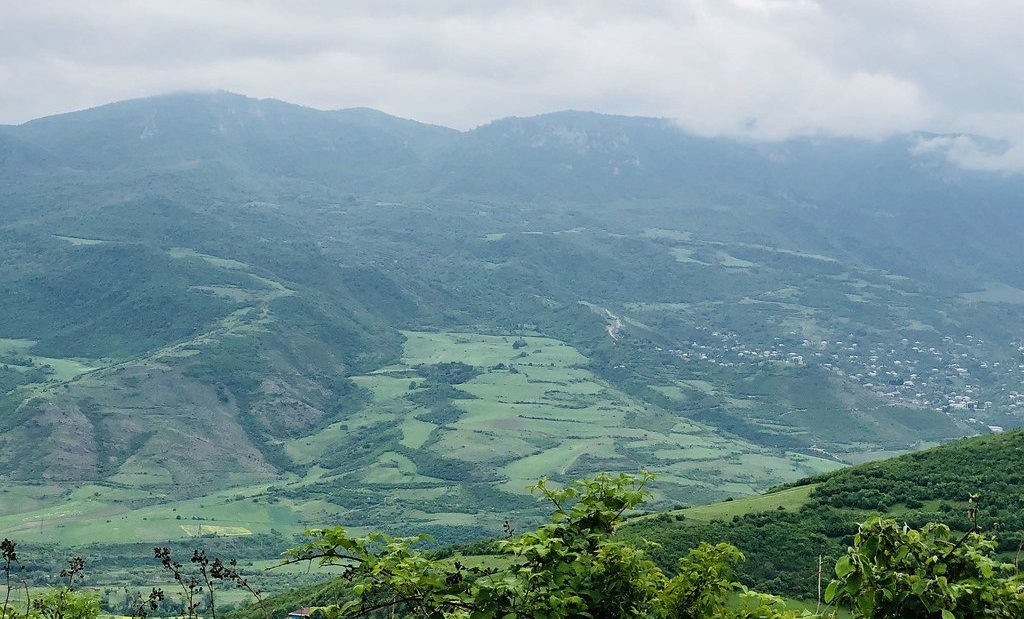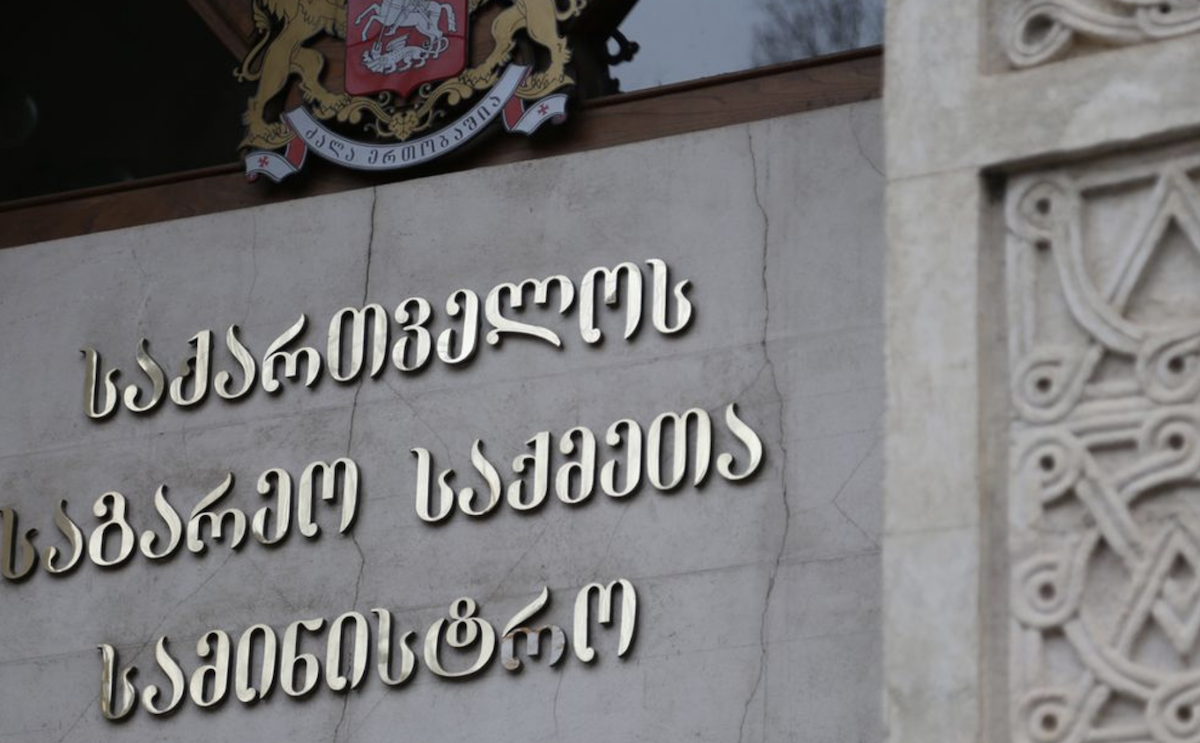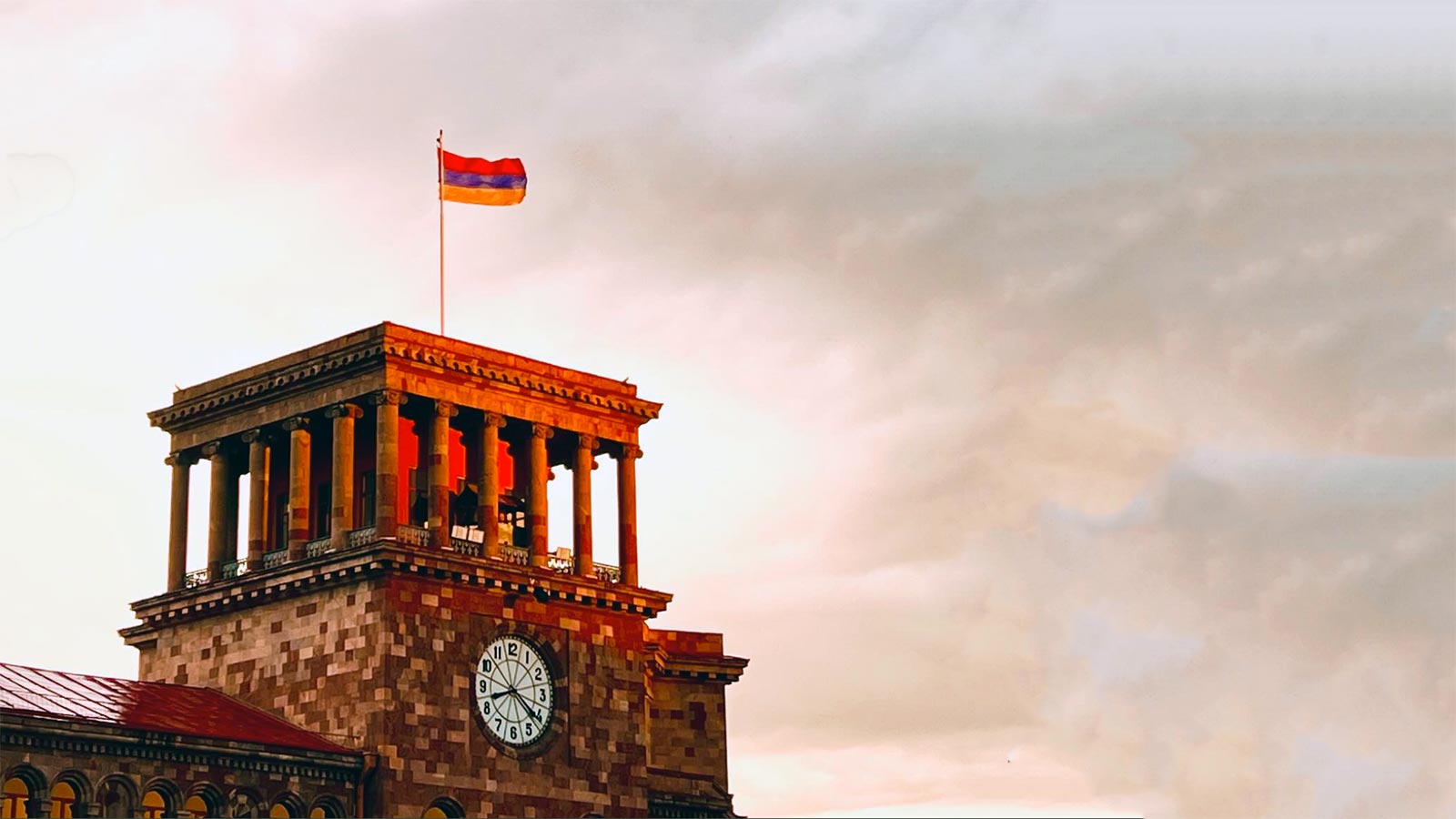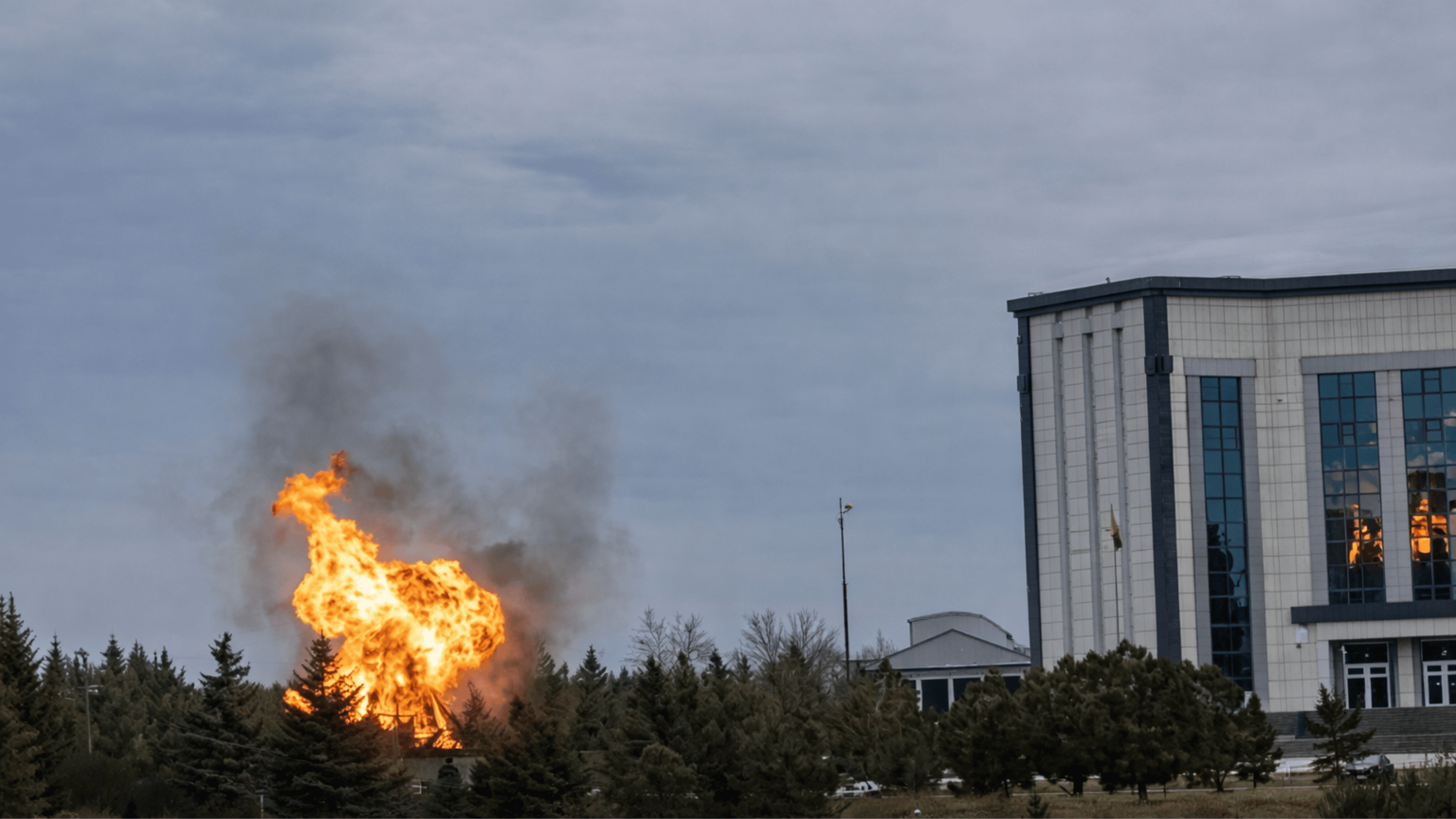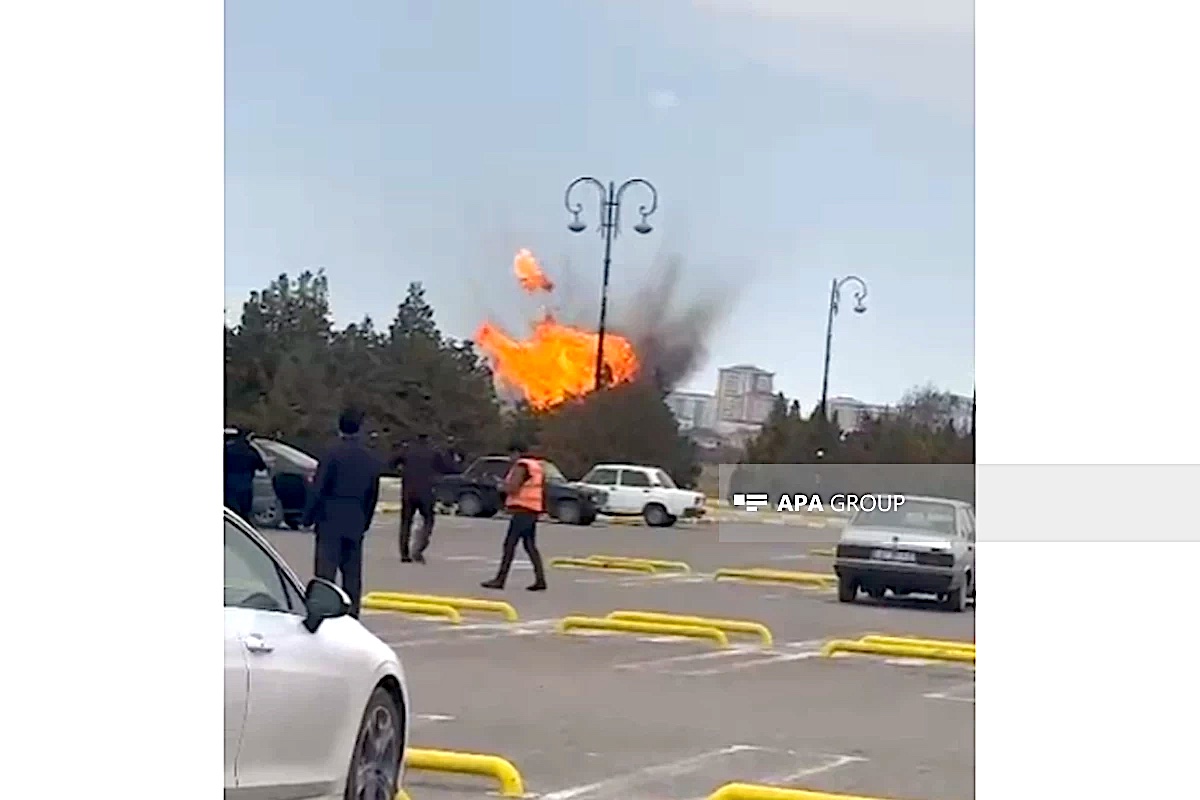What can Baku offer Yerevan for the Zangezur corridor and eight villages? Comments
Azerbaijan demands return of eight villages
Azerbaijan has demanded that Armenia return eight village enclaves that have been under Yerevan’s control since the 1990s. Concurrently, Turkey and the USA have discussed a peace treaty between Baku and Yerevan at a high level. Comments and forecasts from Azerbaijani experts.
- Due to the closed border with Azerbaijan, Georgia lost 1.5 million tourists and $400 million
- Toplum TV case in Azerbaijan: Arrests and detentions continue
- Why the authorities in Abkhazia are stirring up the topic of ‘color revolutions.’ Opinion
“Azerbaijan demands the release of villages occupied by Armenia,” announced the office of Azerbaijani deputy prime minister Shahin Mustafayev recently.
The Azerbaijani side has highlighted that until the delimitation of the border is conducted, Yerevan has “absolutely no grounds to claim that the lands belonging to 31 Armenian villages are ‘occupied.'”
“As for the four Azerbaijani non-exclave villages (Baghanis Ayrim, Ashagy Askipara, Kheyrimli, and Gizilgadzhyly) occupied by Armenia, their Azerbaijani ownership is indisputable, and they should be immediately freed.
The issue of freeing the four Azerbaijani exclave villages of Yukhary Askipara, Sofulu, Barkhudarly, and Karki will be resolved as part of the delimitation process,” the deputy prime minister’s office stated.
At the same time, Turkish foreign minister Hakan Fidan, during his visit to Washington on March 7-8, participated in the seventh session of the Turkey-USA strategic mechanism along with U.S. secretary of state Antony Blinken. Discussions at the meeting included the peace process between Azerbaijan and Armenia and the situation in the South Caucasus. The final communiqué highlighted that Turkey and the USA would jointly endeavor to promote a sustainable peace agreement between Azerbaijan and Armenia.
Elkhan Shahinoglu, head of the “Atlas” analytical center:
“Even though the prime minister of Armenia, Nikol Pashinyan, is wary of a new war with Azerbaijan, he does not wish to meet the demands of official Baku regarding the return of 8 villages and the opening of the Zangezur corridor. At the same time, Pashinyan surely understands that failing to meet these demands could lead to another conflict, with Armenia likely ending up as the losing party again. Apparently, Pashinyan is trying to obtain something in exchange that he can present to the Armenian society as a beneficial acquisition for the country. What could be offered to Pashinyan following this logic?
In exchange for returning the villages and opening the Zangezur Corridor, Armenia could be offered participation in various regional projects.
Armenian officials have expressed a desire to connect to the energy line planned to be laid along the bottom of the Black Sea, a project authored by Azerbaijan.
In October last year, the deputy minister of territorial administration and infrastructure of Armenia, Akop Vardanyan, stated during his speech in Tbilisi at the ‘International Silk Road’ forum that, following the resolution of disagreements between the two countries, Armenia would like to purchase natural gas from Azerbaijan.
Clearly, the author of these ideas (about joining the Black Sea energy project and buying gas from Azerbaijan) is Nikol Pashinyan. Through ministers and their deputies, he introduces proposals to the agenda that he cannot voice personally.”
Experts from the “View to the East” project:
“In principle, all issues included in the peace agreement between Azerbaijan and Armenia have been resolved, except for one. The parties acknowledge each other’s territorial integrity, and a bilateral commission for delimitation and demarcation of borders is in operation. The only unresolved issue remains the opening of regional communications.
Azerbaijan demands unimpeded connection of its western regions with the Nakhchivan Autonomous Republic, a corridor with special status. Meanwhile, Armenia wants to keep this road under its sovereignty while observing standard customs procedures.
Regarding the Zangezur сorridor, Russia, based on the trilateral statement from November 10, 2020, proposes an alternative option. According to this, Azerbaijan would use this road unimpeded, while control and security issues of the corridor are transferred to the Russian side. This option benefits Azerbaijan but creates new opportunities for Russian influence over Armenia. Neither Pashinyan nor the West agree to this. In such a case, Azerbaijan and Turkey are forced to develop the traditional route through Iranian territory to establish ground communication.
Looking back over the last 30 years, Azerbaijan finds it unacceptable for Armenia to have full control over the road linking to Turkey. For Baku, Yerevan is an actor that cannot be trusted unequivocally.
The reality is that if the USA truly wishes to strengthen its positions in the South Caucasus, reduce Russia’s sphere of influence here, and at the same time does not want Iran’s inclusion in regional communications, they must influence Armenia to make concessions regarding control over the corridor.
We believe that Turkey’s expectations from the USA are precisely such, and bilateral contacts between Turkey and the USA on regional issues can only progress in this context.”











